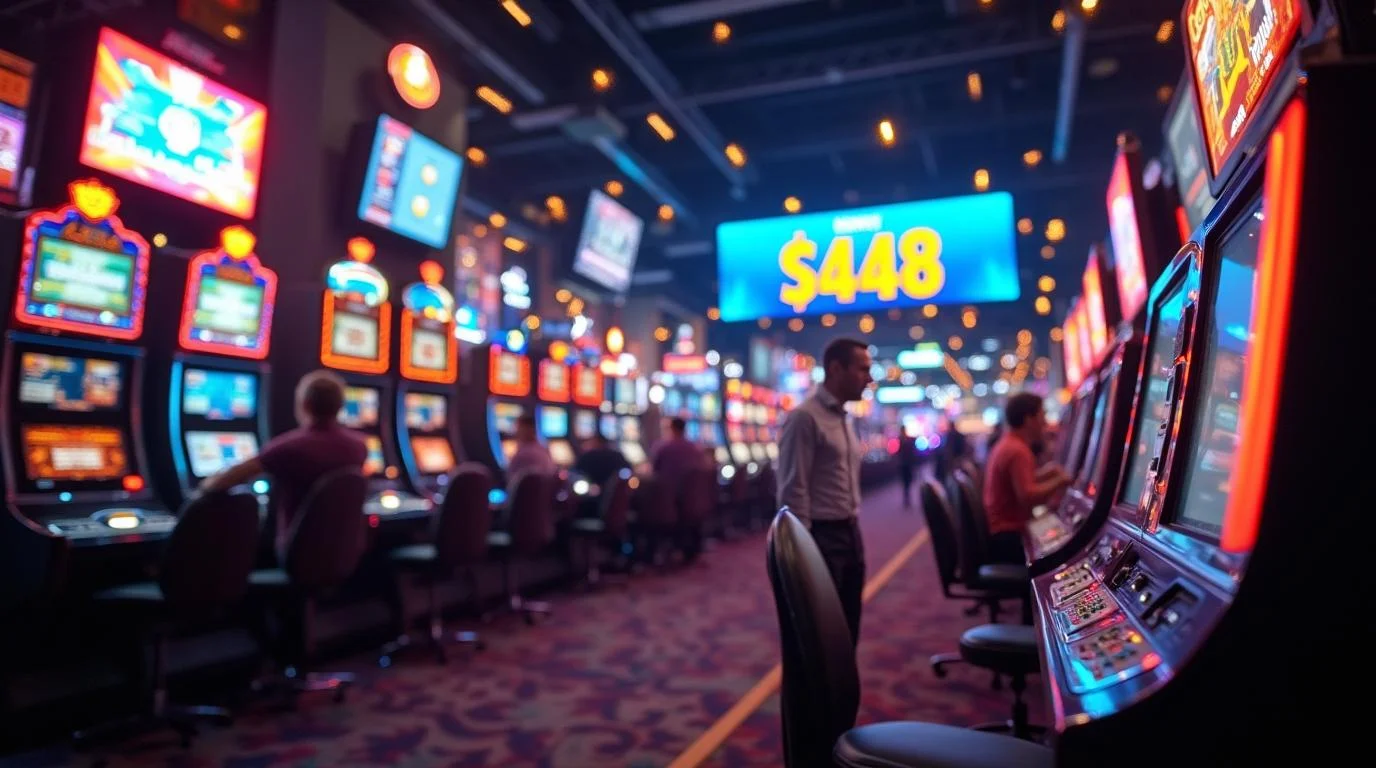Proposed Tax Increase for New Jersey Online Casino Shelved for Now

1.0
Default
A proposal by NJ Senator John McKeon to increase the taxes for online casinos in New Jersey from 15% to 30% has been shelved for now, because the fiscal year budget for 2024 has already been approved. But it could still change, especially since New Jersey's neighbors, namely Pennsylvania, New York, and Ohio, have higher taxes.
Senator John McKeon's bill proposing a significant tax increase on online casinos and sportsbooks will not be included in the 2024 fiscal year budget proposal. The bill was actually introduced in March of 2024, and it aimed to raise the tax rate to 30% - but it has been postponed until the fall when the next legislative session starts.
Currently, online casinos in the Garden State have to pay a tax rate of 15%, and sportsbooks are taxed at 13%. The proposed hike to 30% represents a substantial increase and has sparked considerable debate among stakeholders. While the bill has been shelved for now, it remains a potential future change that could reshape the landscape of online gambling in the state.
As most everyone knows, New Jersey has been a pioneer in online gambling since launching online casinos in 2013, and it provided a successful model for other states to emulate. The state's current tax rates are competitive, allowing it to maintain a thriving online gambling market. However, the proposed increase would bring New Jersey closer in line with some of its neighboring states, which have implemented higher tax rates on gambling revenues.
Tax figures in other states
Several nearby states have higher tax rates on gambling revenues, which could have influenced New Jersey's consideration of a tax hike. Pennsylvania, for example, imposes a 54% tax rate on slot machine revenues and a 16% tax on table games. This high tax rate has not hindered Pennsylvania's success in any way in the gambling industry. As of June of this year, Pennsylvania has produced a revenue of almost $1.2 billion and is on track to surpass the $1.9 billion mark which was set in 2023.
Meanwhile, New York, another neighboring state, has 51% taxes on sports betting. Ohio, which recently increased the tax rate from 10% to a whopping 20%, is another example. Despite the higher tax rates, however, these states have continued to see substantial revenue from their respective online gambling industries.
The tax hike's potential impact on New Jersey
If New Jersey eventually implements the proposed 30% tax rate, it could have several implications for the state's market for online gambling. Proponents of the tax hike argue that it could generate significant additional revenue for the state, which could then be used to fund various public services and initiatives. Opponents, however, warn that such a substantial increase could deter operators from investing in the future, potentially driving business to neighboring states with more favorable tax rates.
The postponement of the bill provides an opportunity for further analysis and discussion. Industry stakeholders, lawmakers, and the general public will have time to weigh the potential benefits and drawbacks of the proposed tax increase. The fall legislative session will likely see renewed debate on the issue, with various interests all vying to influence the outcome.
Looking ahead
For now, New Jersey's online casinos and sportsbooks will continue to operate under the existing tax rates of 15% and 13%, respectively. However, the possibility of a future tax increase is not far from becoming a reality in the future.
The experience of other states with higher tax rates suggests that a well-structured tax policy can still support a thriving gambling industry. Pennsylvania's success, in particular, demonstrates that even with a high tax rate, a state can achieve significant revenue growth. New Jersey's lawmakers will need to consider these examples as they deliberate on the future of the state's online gambling tax policy.




















